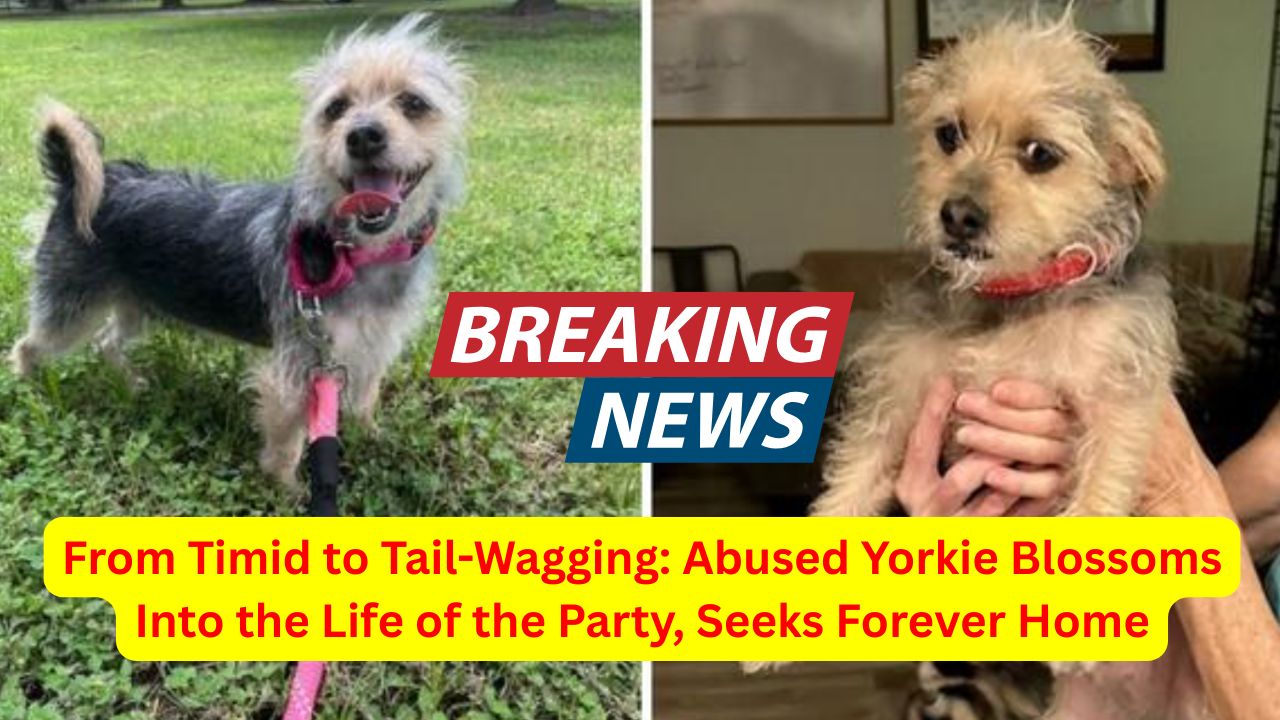PUYALLUP, Wash. — A tragic head-on collision early Sunday morning in Puyallup has claimed the lives of a mother and daughter. The Washington State Patrol has confirmed that the crash was caused by a driver suspected of being under the influence. That driver, who survived the crash, has since been arrested for DUI vehicular homicide.
The Crash and Its Aftermath
The deadly incident occurred around 5:30 a.m. on Sunday, July 27, on State Route 410, just west of Valley Avenue. Authorities say the suspect’s vehicle crossed the center line and collided head-on with an oncoming car carrying the two victims. Both women — a 53-year-old mother and her 30-year-old daughter — were pronounced dead at the scene.
The driver suspected of causing the crash was transported to the hospital with injuries. Officials report the driver is expected to survive and is now in custody on vehicular homicide charges related to driving under the influence.
Road Closures and Investigation
Following the collision, all westbound lanes of SR-410 were shut down for approximately four hours as investigators worked the scene. The highway reopened around 9:30 a.m., but the investigation is still ongoing as of Sunday afternoon.
A Preventable Tragedy
Authorities are stressing the importance of making responsible decisions before getting behind the wheel, especially when alcohol is involved.
“This incident happened today because of one person’s decision,” said Washington State Patrol Trooper John Dattilo. “Our goal is obviously to prevent that, but we can’t be in people’s homes or at the bars helping them make that decision. It’s on individuals to think ahead and plan before they go out drinking.”
This crash adds to the growing concern over impaired driving incidents across Washington state, particularly during the summer months when fatal accidents tend to increase.
Community Response
The loss of two lives from a single preventable act has sent shockwaves through the Puyallup community. Family members and friends of the victims are grieving the loss, while authorities remind the public that driving under the influence is a choice that can end lives in seconds.
The names of the victims have not yet been publicly released, pending family notification.
What’s Next?
The driver arrested in this case will likely face multiple felony charges, including two counts of vehicular homicide. Formal charges are expected in the coming days as the Washington State Patrol continues to gather evidence.
Authorities are urging anyone with additional information or who may have witnessed the crash to contact local law enforcement.
This heartbreaking event underscores the devastating consequences of impaired driving. As law enforcement and community members work to raise awareness, this incident serves as a stark reminder: one reckless decision can change countless lives forever.









Leave a Reply